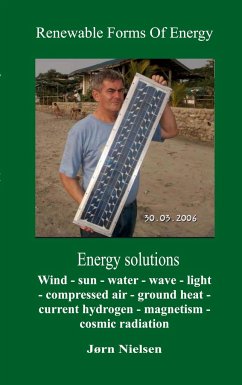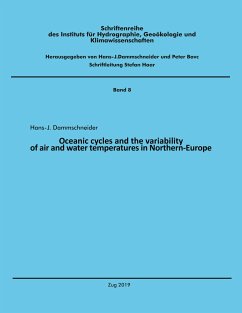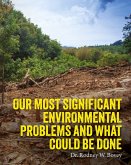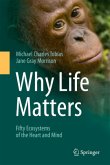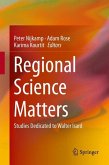In an increasingly complex world, we are dependent on the expertise of others whose motives we do not know. Only independent thinking helps against the current climate hysteria. Because nothing of what the world community is now putting into climate hysteria has been scientifically proven:There is no 97% consensus in science.The climate impact of CO2 would be significantly below 1 degree Celsius.A global CO2 budget would be continuously renewable.However, CO2 is not the natural climate driver on our earth.And there is also no "natural atmospheric greenhouse effect".Rather, a sole solar climate forcing is quite likely.All scientific evidence for these arguments could be found in this book. Consequently, we should not destroy our fossil-fueled industrial culture and our natural landscapes just to save a supposed "natural global climate"...
Hinweis: Dieser Artikel kann nur an eine deutsche Lieferadresse ausgeliefert werden.
Hinweis: Dieser Artikel kann nur an eine deutsche Lieferadresse ausgeliefert werden.


